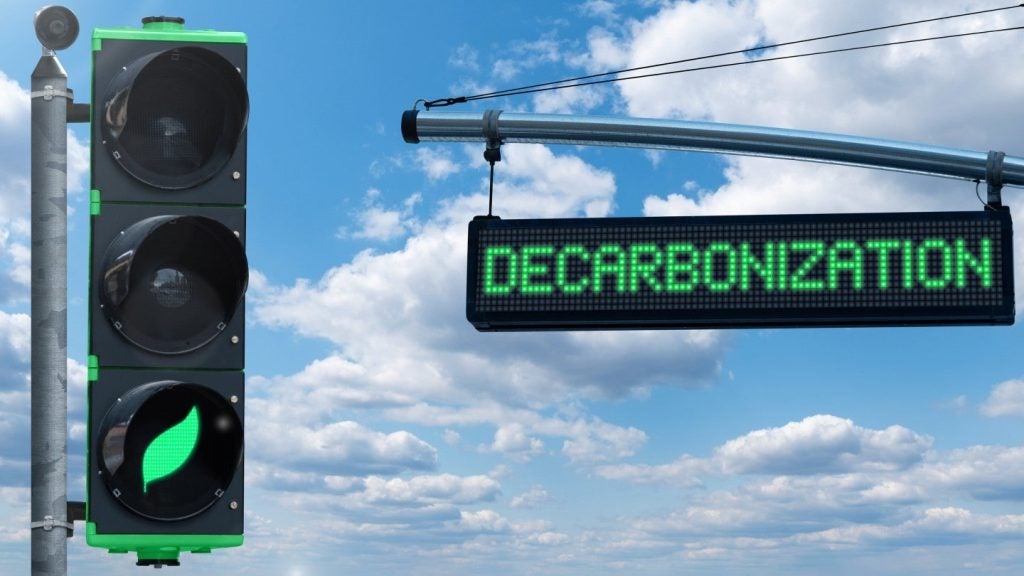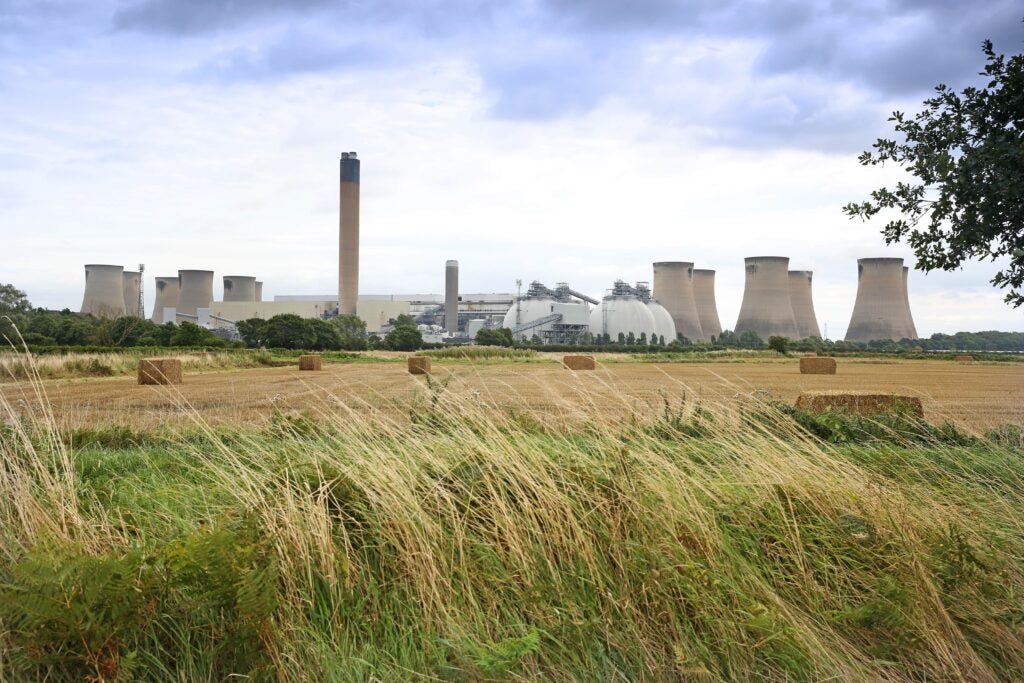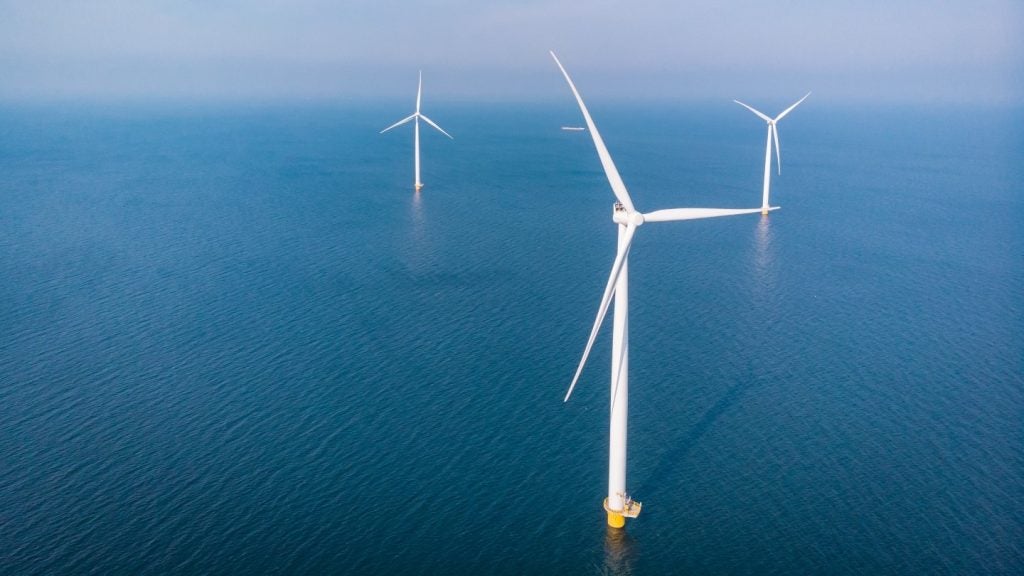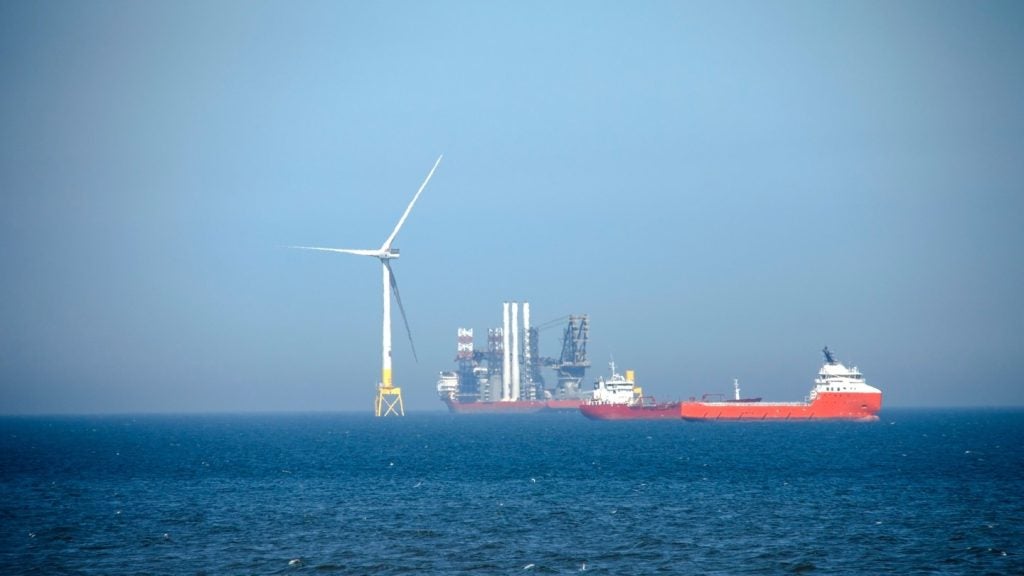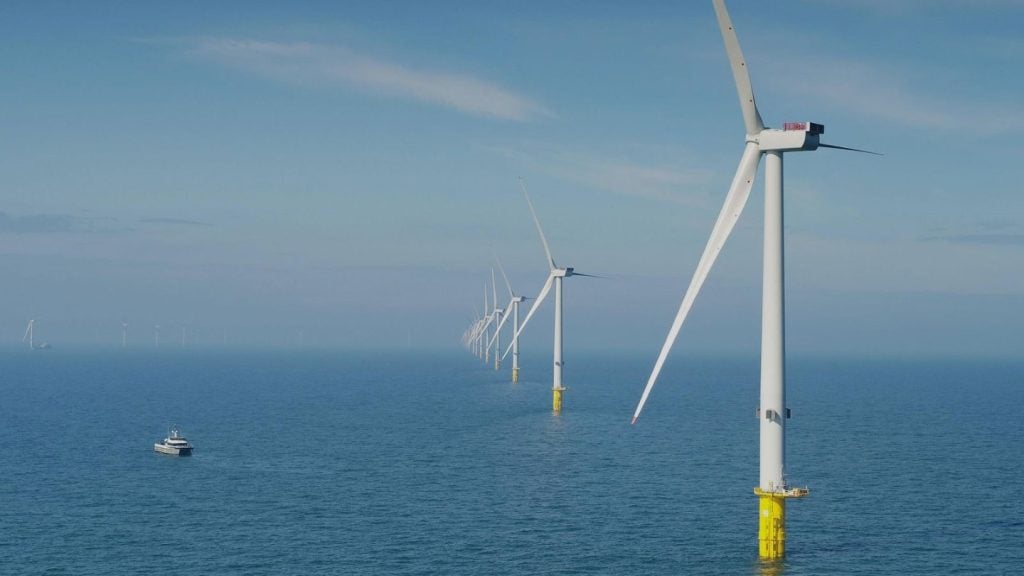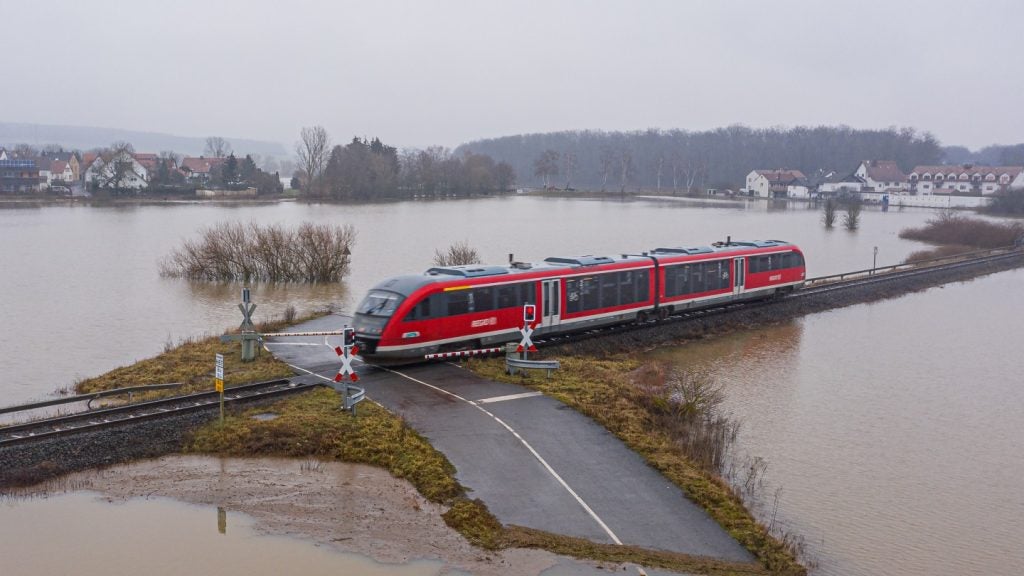Funding for decarbonisation projects peaked in 2022 followed by a roughly 90% drop in 2023, a new GlobalData report reveals. In the second volume of its emerging future series, Net Zero by 2050, GlobalData analysts note that the value of decarbonisation-related deals fell from a high of $433bn in 2022 to a mere $45bn in 2023 – and venture capital investment followed a similar trend.
The report cites “economic woes, high energy prices, lacking policy support, and nascent technologies” as key reasons for the fall in decarbonisation funding, and suggests this reflects the poor investment conditions of the year as a whole. The drop in deals' value was paired with a consummate drop in volume, suggesting that average value has not been significantly impacted.
The largest decarbonisation-related venture capital investments remain in wind, solar and hydropower projects that require large amounts of capital to get off the ground, which suggests that even when money is tight the commitment to these established technologies remains strong. The largest investments in both 2022 and 2023 were in Asian hydroelectric power, including 2022’s $24.3bn investment by China Three Gorges (owners of the largest power station in the world) into Baihetan Hydropower plant, the second largest hydroelectric dam in the world.
Despite the massive amounts of money flowing into India and China, venture capital money remains concentrated in its traditional markets, most prominently the US which made up 51.36% of total investment between 2019 and 2023. China took second place, but with a relatively meagre 14.30%. India did not even make it into the top five.
Venture capitalists also seem to have different decarbonisation priorities from governments and established companies, with a heavy focus on electric vehicles (EVs) and energy storage solutions. Both of the largest investments between 2021 and 2024 – $1bn for Redwood Materials and $912m for Verkor – went to battery storage companies with a heavy emphasis on EV batteries, and the rest of the top five were in EV manufacturing.
In many ways this is unsurprising. Venture capitalists tend to focus on industries with extreme growth potential given that they are entering into businesses at such an early stage. While renewable power has been shown to be a reliable investment with much higher returns than fossil fuels, the market is more mature than that of EVs. This focus may shift in future, however, with EV sales growth stalling.


